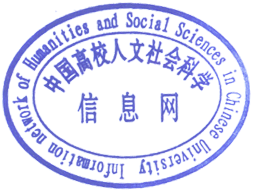关 键 词 :传统文化;城乡融合发展;共同富裕学科分类:马克思主义--马克思主义其他学科
自党的十八大以来,党中央始终将“三农”问题置于全党工作的重要位置,将其视为核心议题。在这一过程中,乡村被赋予了与城市同等重要的地位,被视为国家发展的有机组成部分。城乡融合发展不仅是实现区域协调发展的关键举措,也是推动共同富裕的重要途径。在推动城乡融合发展的过程中,传统文化作为中华民族的宝贵精神财富,具有深厚的历史底蕴和丰富的文化内涵,深入挖掘城乡传统文化,能够为城乡融合发展提供独特视角和强大动力。
Since the 18th National Congress of the Communist Party of China, the Party Central Committee has consistently prioritized the "agriculture, rural areas, and farmers" (collectively known as "the three rural issues") as a core agenda in the Party's work. During this process, rural areas have been accorded equal importance to urban areas, recognized as an integral component of national development. The integrated development of urban and rural areas is not only a key measure for achieving regional coordinated development but also an important pathway to promoting common prosperity. In the process of advancing integrated urban-rural development, traditional culture, as a precious spiritual asset of the Chinese nation, possesses profound historical depth and rich cultural connotations. Deeply exploring urban and rural traditional culture can provide unique perspectives and strong impetus for integrated urban-rural development.

